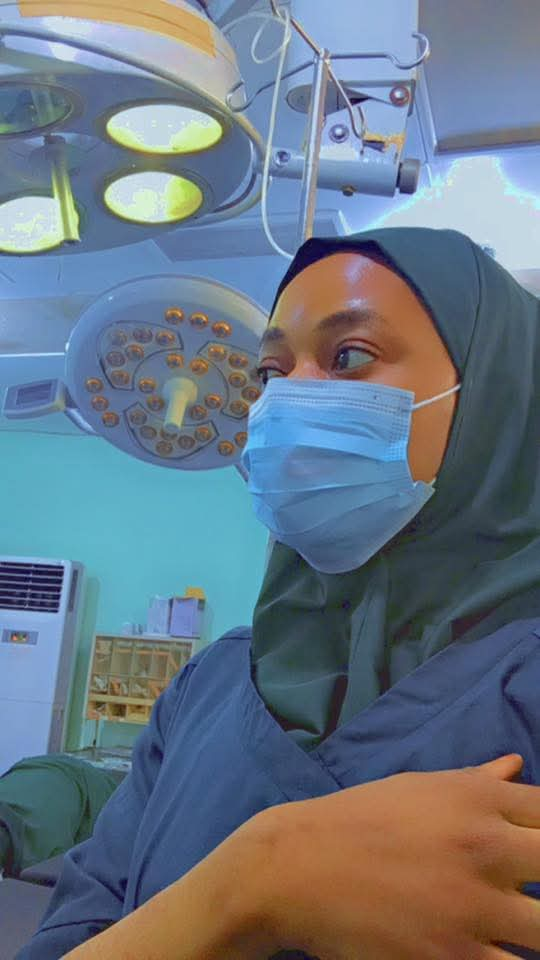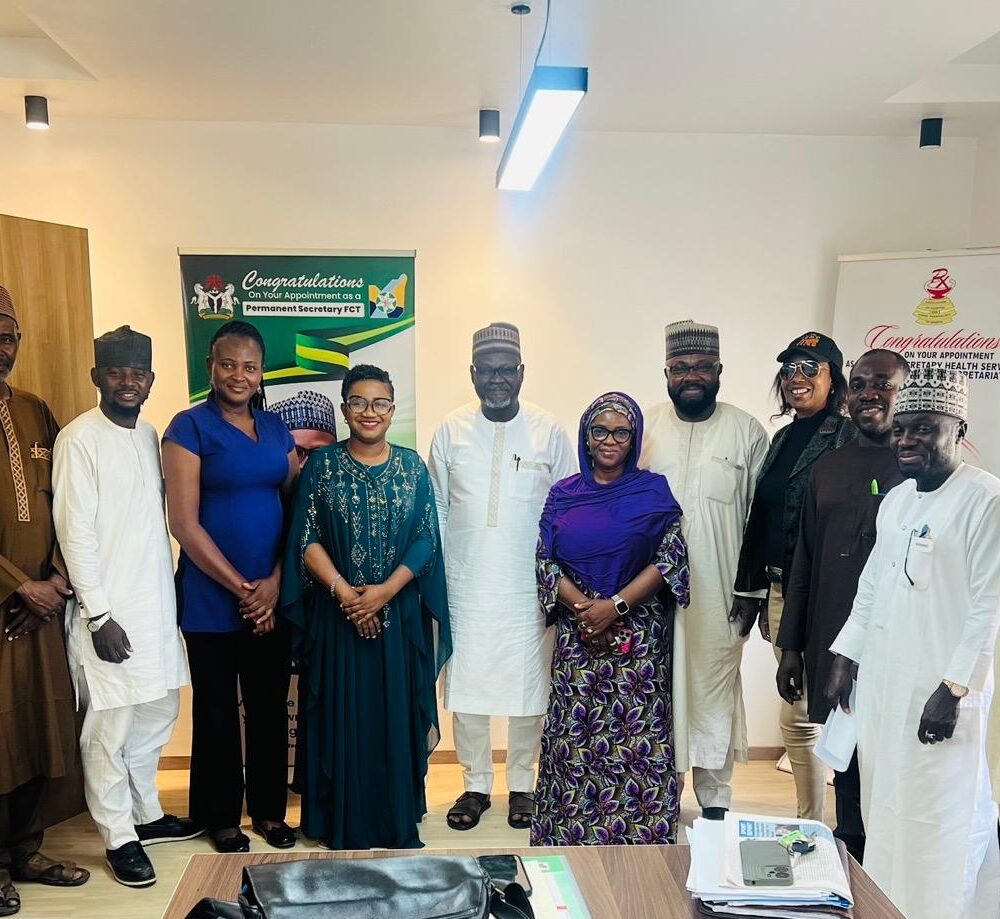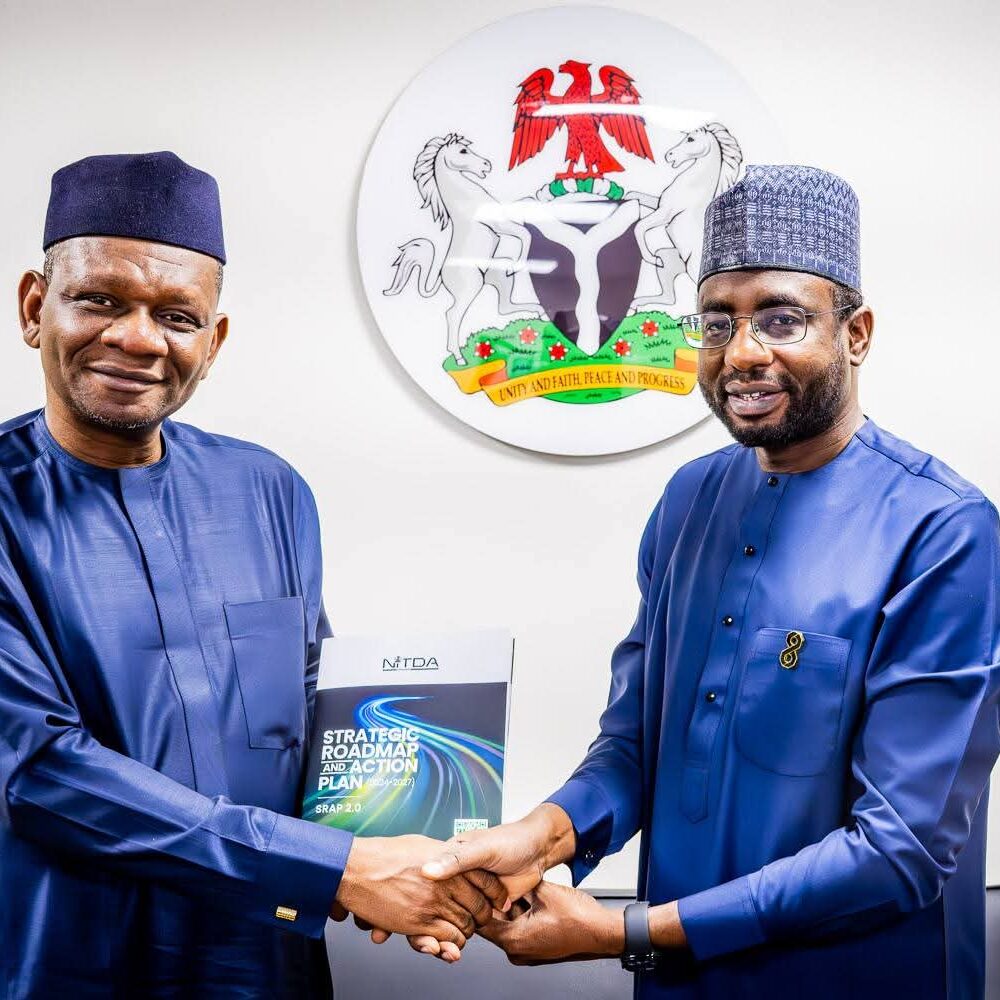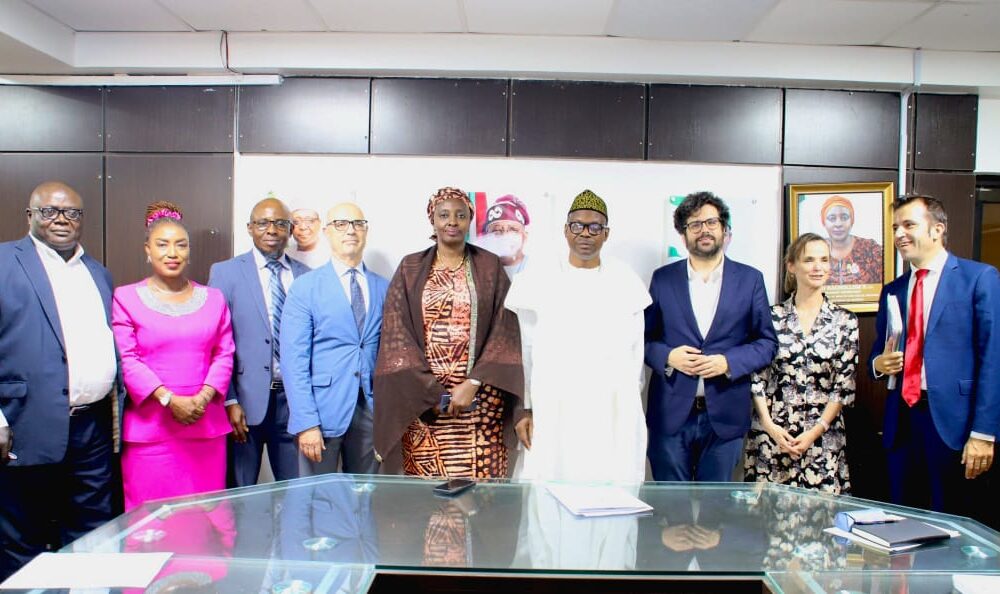I had a patient who wore a niqab to the labor ward – I’ve seen a lot in Nigeria! The next day after delivery, she informed us she was fasting. This is just a woman who had just given birth. Even God didn’t intend for religion to be that difficult; some people just choose to practice it that way. By noon, she went into hypoglycemic shock, her electrolyte levels were severely imbalanced, and we had to resuscitate her.
Another encounter was with a patient during Ramadan who, after I prescribed medication, asked us to consult his mallam to determine if it would affect his fasting. That evening, he was rushed to the hospital and remained unconscious for two weeks. Ironically, he was a sickle cell patient.
Perhaps some believe that if they die, they’ll be rewarded in heaven. We must all die eventually, but indeed, Islam is beautiful, and God is merciful. He shows mercy to whom He pleases.
If you don’t understand this, forget it. Modern-day religious extremism without proper understanding of Islam itself can be dangerous. Sadly, our patients often trust mallams more than doctors.
In our hospital, while administering medications, some patients combine traditional remedies with Western medicine, essentially mixing fire with fire. Many times, we treat them without seeing significant improvement. Some patients go home and attribute their condition to spiritual issues, seeking help from spiritualists instead. They often return to us in a worse state.
Others, after being discharged, revert to their previous practices. We’re not against orthodox medicine, but the question remains: do we genuinely practice evidence-based medicine in Nigeria, or are we just concocting treatments?
Some people stop taking their hypertension and diabetes medications, withdraw from essential treatments in other diseases , and trust unverified sources they believe in. Unfortunately, they often end up with end-stage disease and complications. Disease, ignorance, and religious extremism can be deadly, especially in Nigeria and Africa.
There should be the need for proper education, awareness, and collaboration between healthcare providers and spiritual leaders to promote informed decision-making and better health outcomes.
©️Dr Zainab Suleiman, Consultant Family Physician and Public Health Advocate





